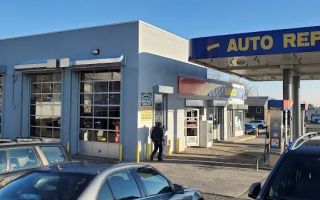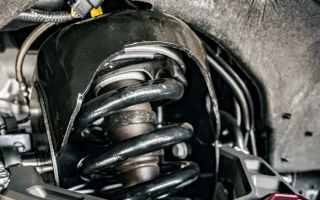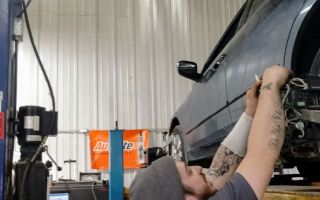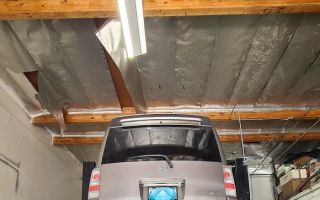Oil Leaks in Car: What You Need to Know and How to Handle It
- 1. What Causes Oil Leaks in Cars?
- 2. Signs of an Oil Leak You Shouldn't Ignore
- 3. How Oil Leaks Impact Your Car’s Performance
- 4. What to Do if You Discover an Oil Leak
- 5. Emergency Towing and Rescue Services for Oil Leaks
- 6. Preventing Future Oil Leaks




























